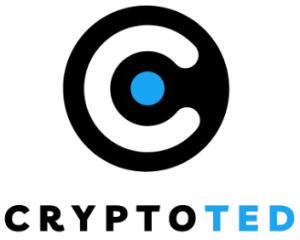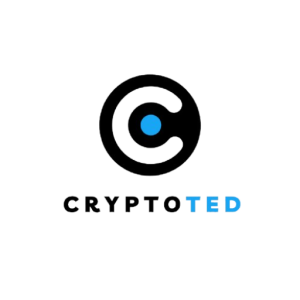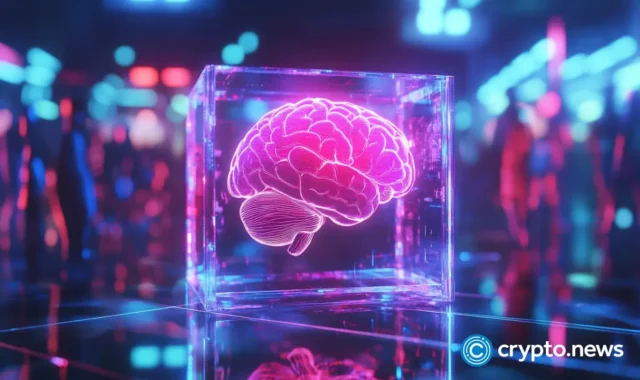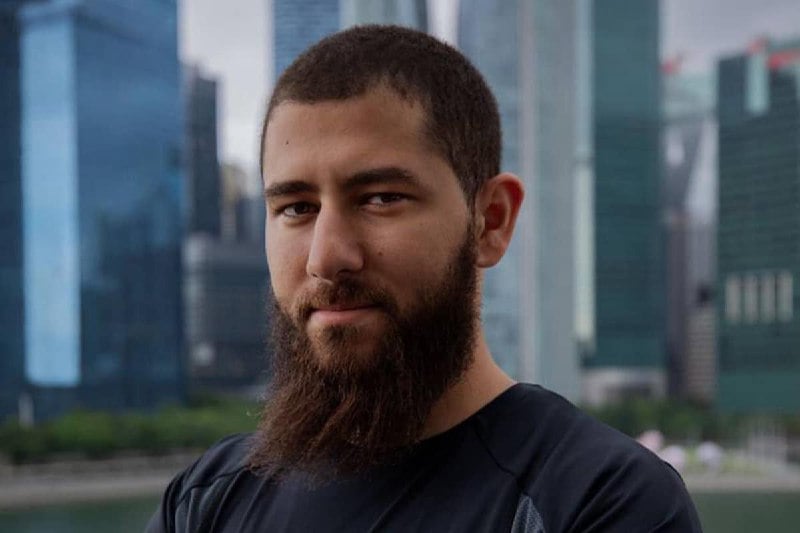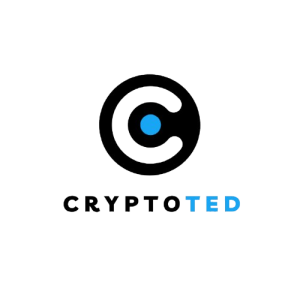Disclosure: The views and opinions expressed here belong solely to the author and do not represent the views and opinions of crypto.news’ editorial.
The web3 ecosystem has frequently been hailed as the bedrock of a more transparent, decentralized digital economy. At its heart are decentralized autonomous organizations, which have transformed our idea of government by distributing decision-making among the community. Yet, as DAOs scale, they face a number of obstacles, ranging from inefficiencies in decision-making to the constraints of human bias. Decentralized autonomous AI organizations, or DeAIOs for short, are the next development in governance, merging the capabilities of DAOs with the accuracy and adaptability of AI.
Recent data shows the necessity for innovation in decentralized governance. Today, the total treasury held by DAOs exceeds 32.5 billion, representing the collective assets these organizations can allocate independently. This figure excludes DAO-managed but unowned assets, such as reward fees or staking accounts.
With all that fund power, the existing DAOs struggle to sustain active participation over time due to cumbersome voting mechanisms and delayed decision-making. DAO members express frustration with the time required to reach a consensus on critical proposals. And that’s assuming 50% of all the DAOs have 10 or fewer voters, with the vast majority having fewer than 100. There are four big DAOs that have more than 100,000 voters, but even in such large entities, proposals fail to pass because of a lack of engagement, which leaves essential decisions unresolved. Such trends make the case for integrating AI into governance systems more compelling than ever.
Most DAO developers and members tend to overlook issues related to proposals, and over 60% of them don’t have clear descriptions or code for their members. This points to a big problem with keeping things transparent in the DAO governance process.
AI-powered governance for smarter, faster DAOs
In a nutshell, DeAIOs are a more complex version of DAOs that incorporate AI-driven algorithms into their decision-making frameworks. Traditional DAO governance is based on human participants voting on proposals, which can lead to delays and fragmented decision-making. In contrast, DeAIOs use AI algorithms to improve and automate procedures, tackling data analysis, predicting outcomes, and making decisions that are consistent with the community’s aims and values.
I firmly believe that the combination of decentralization and AI can help DeAIOs overcome key constraints of standard DAOs, making governance faster, more efficient, and remarkably scalable. Here’s how DeAIOs address these limitations:
- Enhanced decision-making: AI-powered systems process massive datasets in real time, making data-driven recommendations that humans would struggle to achieve on the same scale. For instance, machine learning algorithms can propose the best resource allocation by analyzing market trends, community attitudes, and project milestones. This eliminates much of the subjectivity that might impede human-led governance.
- Increased efficiency and speed: The sluggish pace of traditional DAO decision-making is a well-documented issue. Proposals might linger for weeks while members discuss and vote. In a DeAIO, AI automates most of this process, allowing for near-instant answers to governance needs.
- Scalability and autonomy: Scaling traditional DAOs often calls for proportional increases in human oversight, which can become burdensome. DeAIOs avoid this by using AI to manage huge volumes of decisions and transactions with minimal human intervention.
- Real-time adjustments and optimization: Through machine learning, AI systems within DeAIOs adapt to changing conditions—they learn from previous judgments and external variables. For instance, AI may dynamically alter vote thresholds based on community activity levels, ensuring inclusivity while being efficient.
- Ethical and transparent governance: Transparency remains a key component of decentralized governance. AI systems in DeAIOs follow set ethical norms, and all decisions are auditable and traceable for trust-building and aligning actions with shared values.
Ethical programming, accountability, and what lies ahead
I’d argue that DeAIOs are not merely a technological advancement. They represent a philosophical shift in governance, merging the precision of AI with the principles of democratic decentralization—and this leads to efficient and equitable systems.
Consider the impact on areas like DeFi. Platforms that incorporate DeAIO governance can improve risk management, predict market fluctuations, and adjust lending protocols accordingly. Similarly, decentralized supply chains can use DeAIOs to optimize logistics and use real-time coordination across global networks.
DeAIOs have enormous potential, but their implementation presents obstacles, as ethical programming of AI systems necessitates careful consideration. How do we ensure that AI governance agents remain impartial? How can we keep biases in underlying algorithms from impacting decisions? We’ll have to find answers to those questions as we go forward.
Moreover, questions about accountability loom large. If an AI-driven system’s decision leads to unintended consequences, who bears responsibility? All these issues demand strong protections and community-based oversight procedures to guarantee that DeAIOs remain true to their founding goals.
However, apparent obstacles aside, these organizations can change industries, optimize resource allocation, and democratize access to decision-making like never before. In the coming years, the broader adoption of DeAIOs has the potential to completely reshape how we think about governance, not just within blockchain ecosystems but throughout society. The question is no longer whether AI will play a role in decentralized governance but rather how we will use its power to create faster, smarter, and more inclusive systems.
